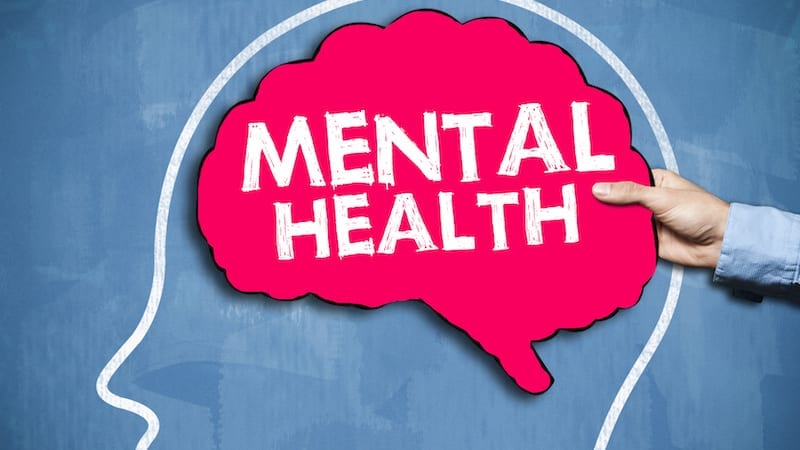As a principal, you in a position to normalize conversations that are often taboo—like talking about mental health. That’s not to say it’s an easy thing to do. It’s not
Mental illness and mental health concerns affect a large number of Americans, including your students and your staff. There’s the teacher dealing with her own anxiety and OCD, the student who’s home life is unstable because her mom is bipolar. When you work in a large community, it doesn’t take long to realize just how common mental illness can be. By talking openly and without judgment about mental health, you’re helping the many students and staff members who are struggling with their own or a loved one’s mental illness in ways you can’t even imagine.
Here’s why it’s time to get talking:
Mental health issues are everyday problems.
A teacher who is generally lively has become sullen and withdrawn. A student continuously has outbursts in the classroom no matter what consequences come her way. These behaviors could be a sign of an underlying mental health issue that haven’t been addressed. After all, your star teacher could also have a mental illness but be managing it with medication.
No matter where your school is, the numbers say that a significant portion of staff and students are facing mental health issues. According to the National Alliance on Mental Illness, one in five Americans experiences mental illness in a given year. That means twenty percent of your staff might be affected. And it’s not just the adults at school who are grappling with this—the National Institute of Mental Health has found that 13 percent of kids ages 8 to 15 have had a diagnosable mental illness in the past year.
You are in a position to reduce the stigma.
People dealing with mental health issues and their loved ones can feel very judged and stigmatized. One of the best ways to reduce the stigma is to talk openly about mental health. Determine your level of comfort. Maybe you want to share a story about yourself or a loved one. You could suggest to parents of a struggling student that you deal with similar issues or assure them that support is available at the school for their child. Or, you can remind staff and students to pay attention to their language, avoiding words like “crazy” and instead using person-first language like “people who deal with mental illness” rather than “the mentally ill.”
However you go about it, school mental health advocates say that having open dialogue is an extremely effective way to reduce the stigma of mental illness.
You can help improve access to treatment.
Stigma has a real impact on the lives of people with mental health issues. Most markedly, it can prevent them from seeking the treatment that they need to identify and manage their illness. In the past year, only 41 percent of people with mental illness got treatment for their condition.
Within your community, you can normalize the idea of getting help for mental health issues. Whether that means seeing a counselor or getting more intensive treatment, let your staff know that prioritizing their mental health is important and that you will support them in doing so.
Talking can help kids stay in school.
Any principal who works with teens has probably grappled with reducing the drop-out rate. After all, students who don’t complete high school are more likely to be unemployed or have low wages. One of the groups most at risk for dropping out of school is students with mental illness. In fact, 37 percent of students who have a mental health condition and are served by special education will drop out of school. This is the highest rate of any disability group.
Talking openly with kids and educators about this fact and creating a conversation about mental health can help keep these students in school until graduation, which will help them remain independence and financially secure in the long run.
Staff, students, and parents will be more honest with you.
Last year, a story about a boss who supported his employee’s request for a mental health day went viral. Instead of lying to the boss, the employee said that she was taking a sick day to care for her mental health. Although this might seem taboo, it ultimately resulted in a more honest relationship between employee and employer.
The same can happen in your school if you encourage open discussion about mental health. Students will feel more comfortable telling you about a parent’s struggle, which in turn can help you support your student. Staff will also be able to share their health concerns and needs to take time off for their care. In the long term, encouraging these conversations will lead to a school community that is getting its mental health needs met and thriving.
Join our Facebook group Principal Life for more conversation about and insights into the challenges of school leadership.
